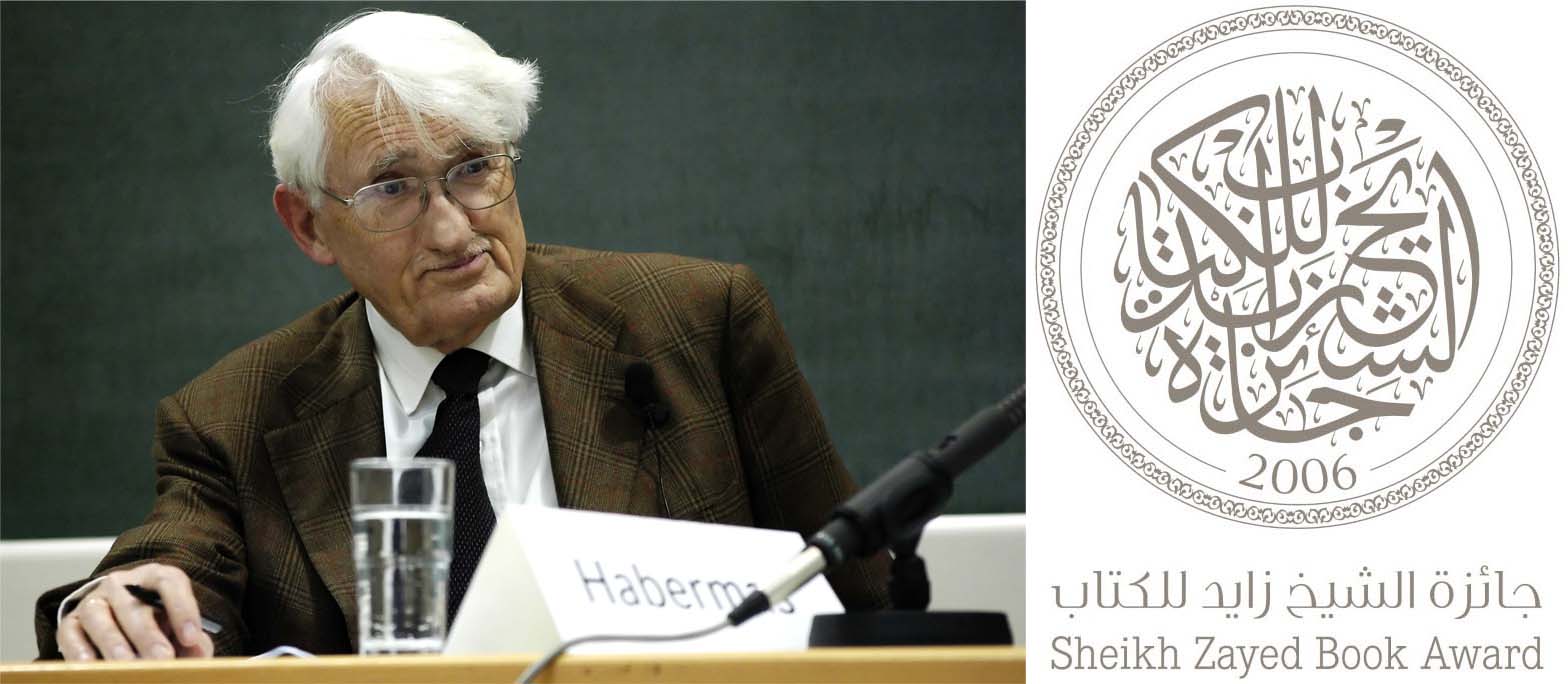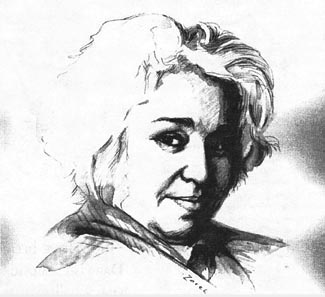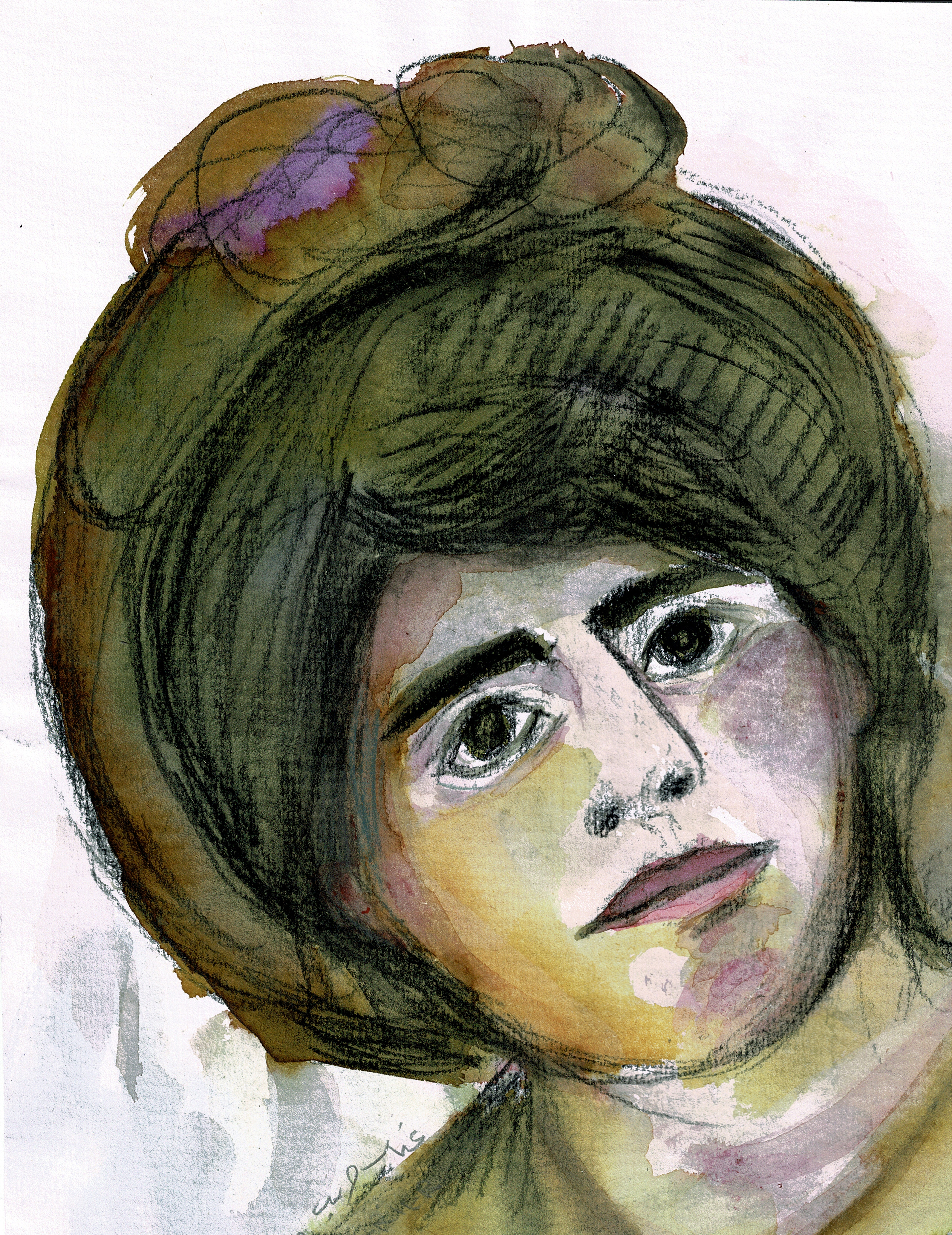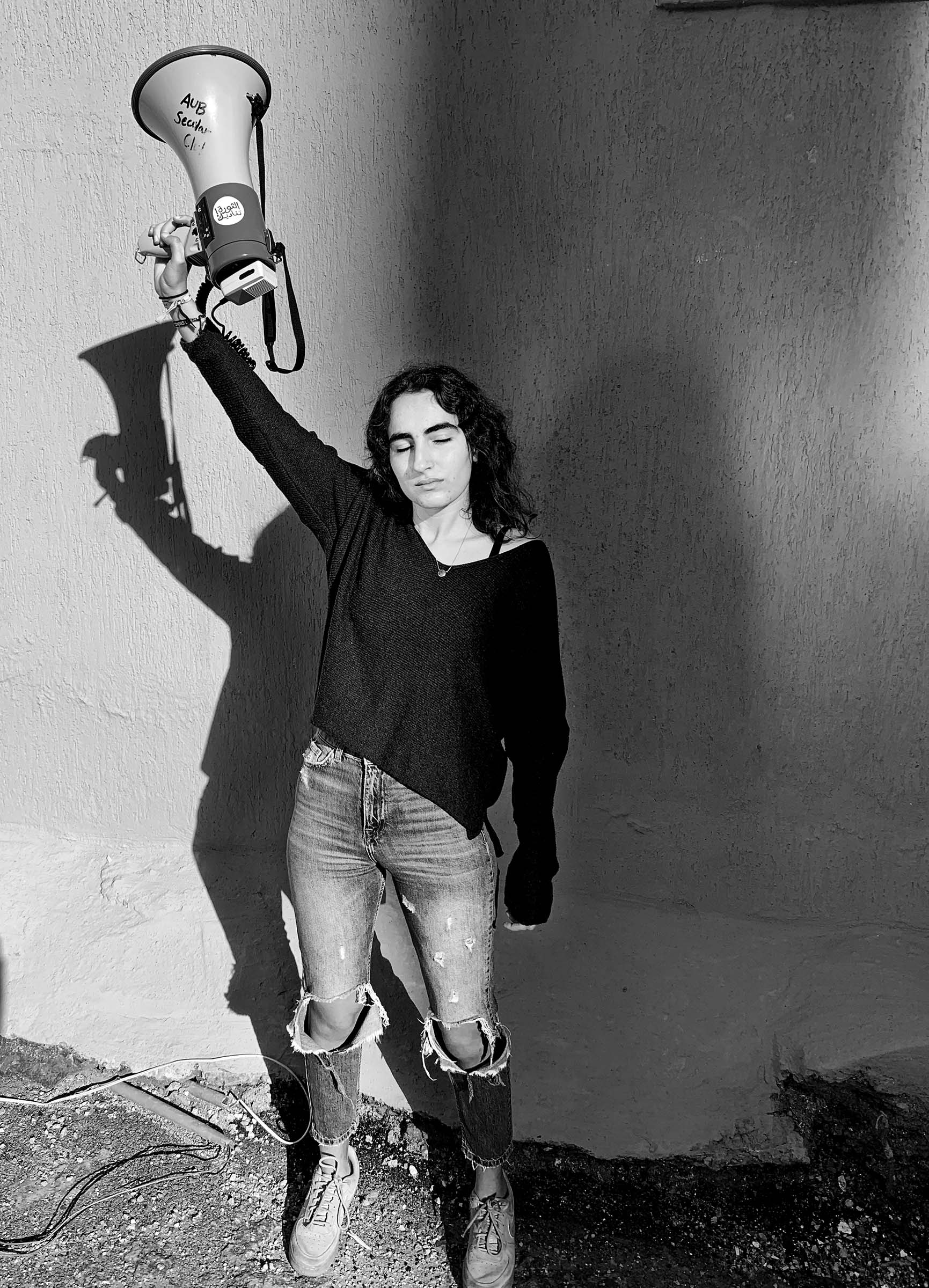Essays and Features
Revisiting Youssef al-Sayigh: Poet of Sorrows and Master of Contradictions
Can a Nation Plagued by Mass Corruption, Decaying Institutions, and Rabid Sectarianism Deliver Justice For those Lost and Victimized by the August Explosion?
Controversy Over Mohammad Shukri’s Literary Legacy Outlives the Author
The Judiciary, Latest Indicator of Lebanon’s Impending Collapse:
A Judge Runs Amok
In a Statistical Vacuum, Speculating on the Arab-American Vote, 2016 vs. 2020
While much of the country — and even the world — focused on the last U.S. election and remained engrossed even after its results and consequences, the picture of this historic event in the Arab world was unlike anything that was happening here. Regrettably, the distorted analysis and coverage by Arab media influenced to some extent the attitudes and electoral choices of many Arab immigrants in the U.S.
Nawal El-Saadawi’s ‘Daughter of Isis’ Life and Times via the Plenitude of Her Writings
Rose Antun: Early 20th Century Arab Feminist Journalist
How ‘Shwam’ Migration Contributed to Arab Renaissance Movement
A new biographical book enriches the scarce literature on 19th and 20th century Lebanese and Syrian emigrants (often referred to as Shwam) who settled in Egypt and grew up to be journalists and intellectuals. Many of their contributions to the Nahda reflect the inescapable truths about the role of women in the Arab Renaissance movement.










